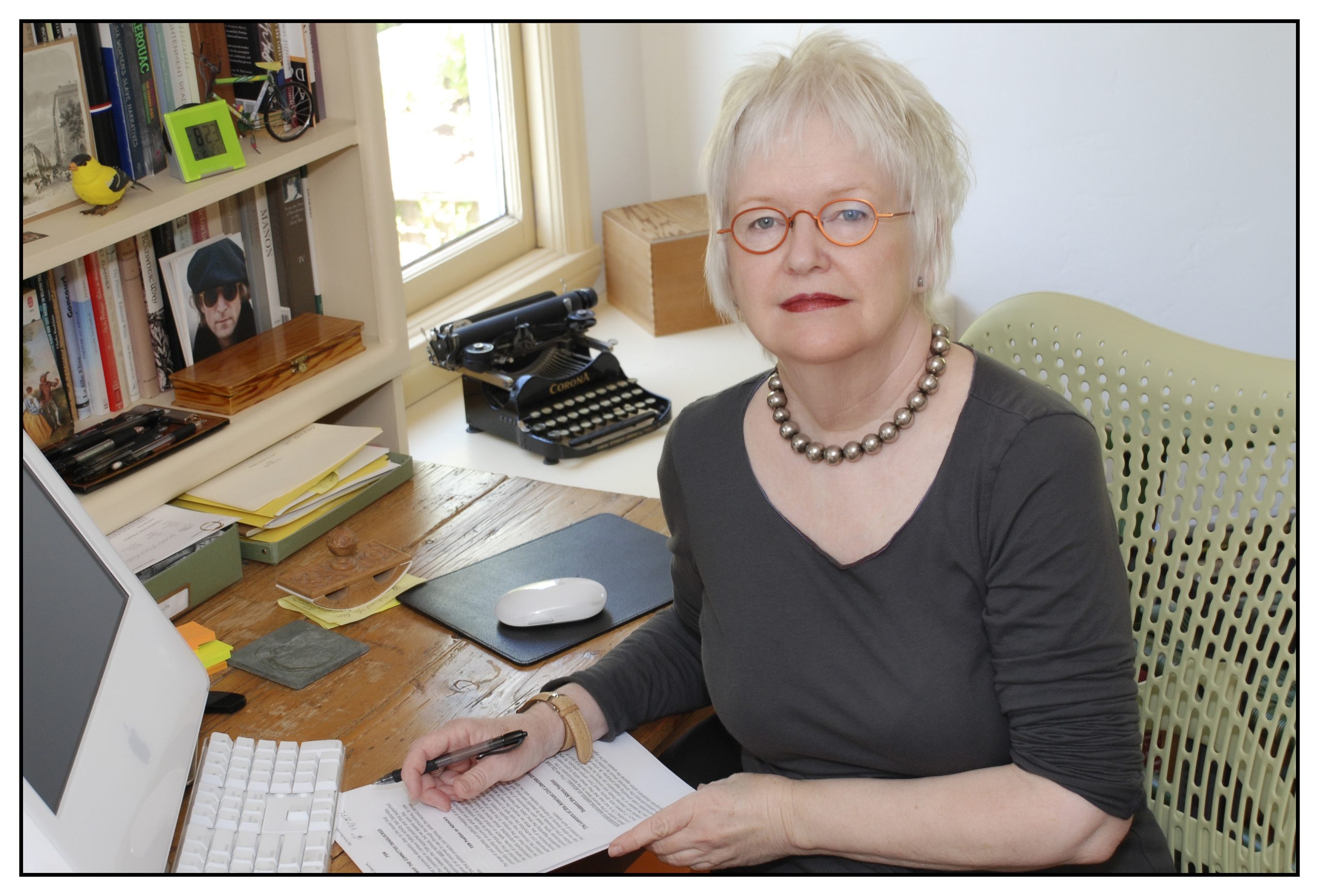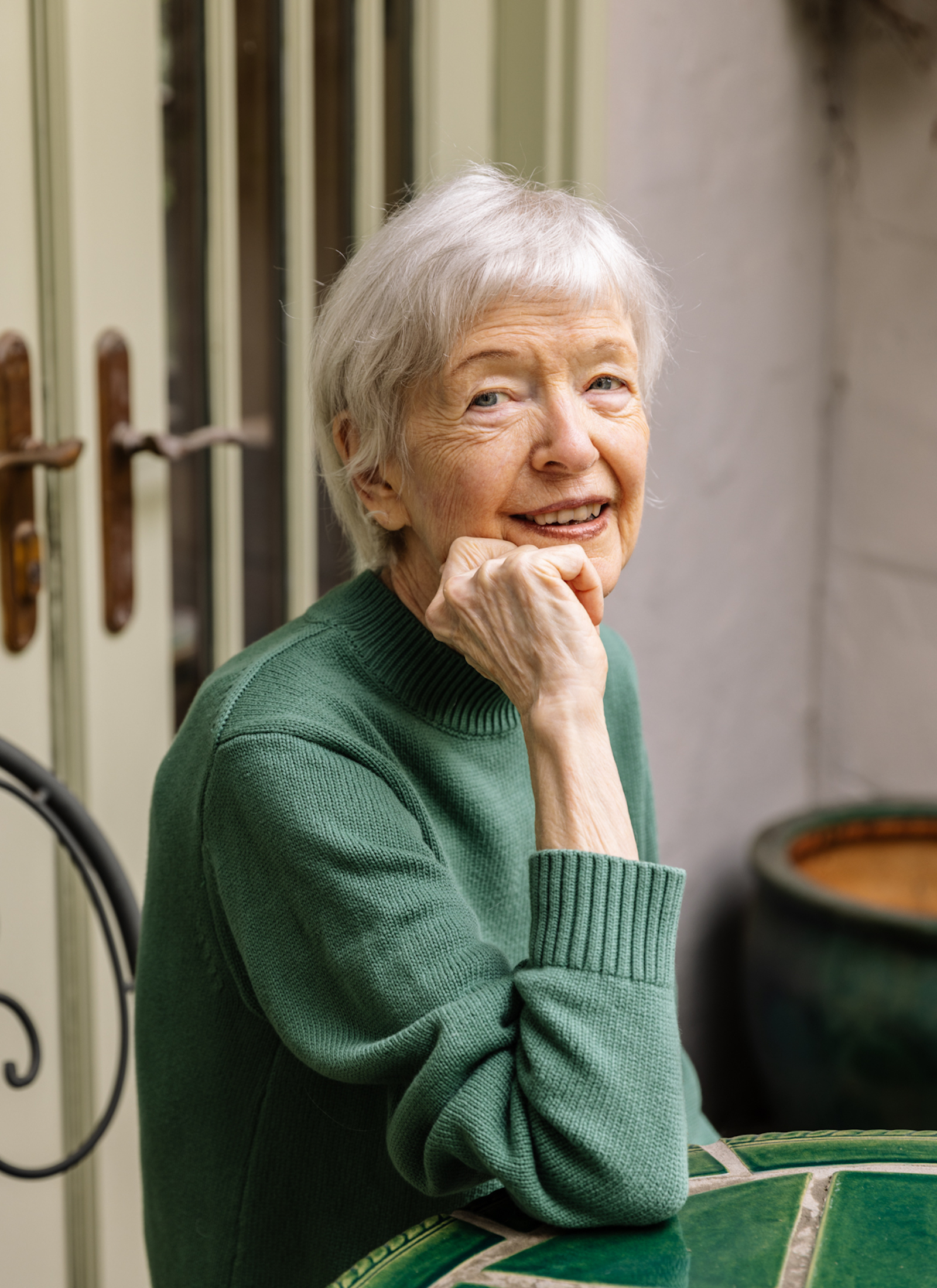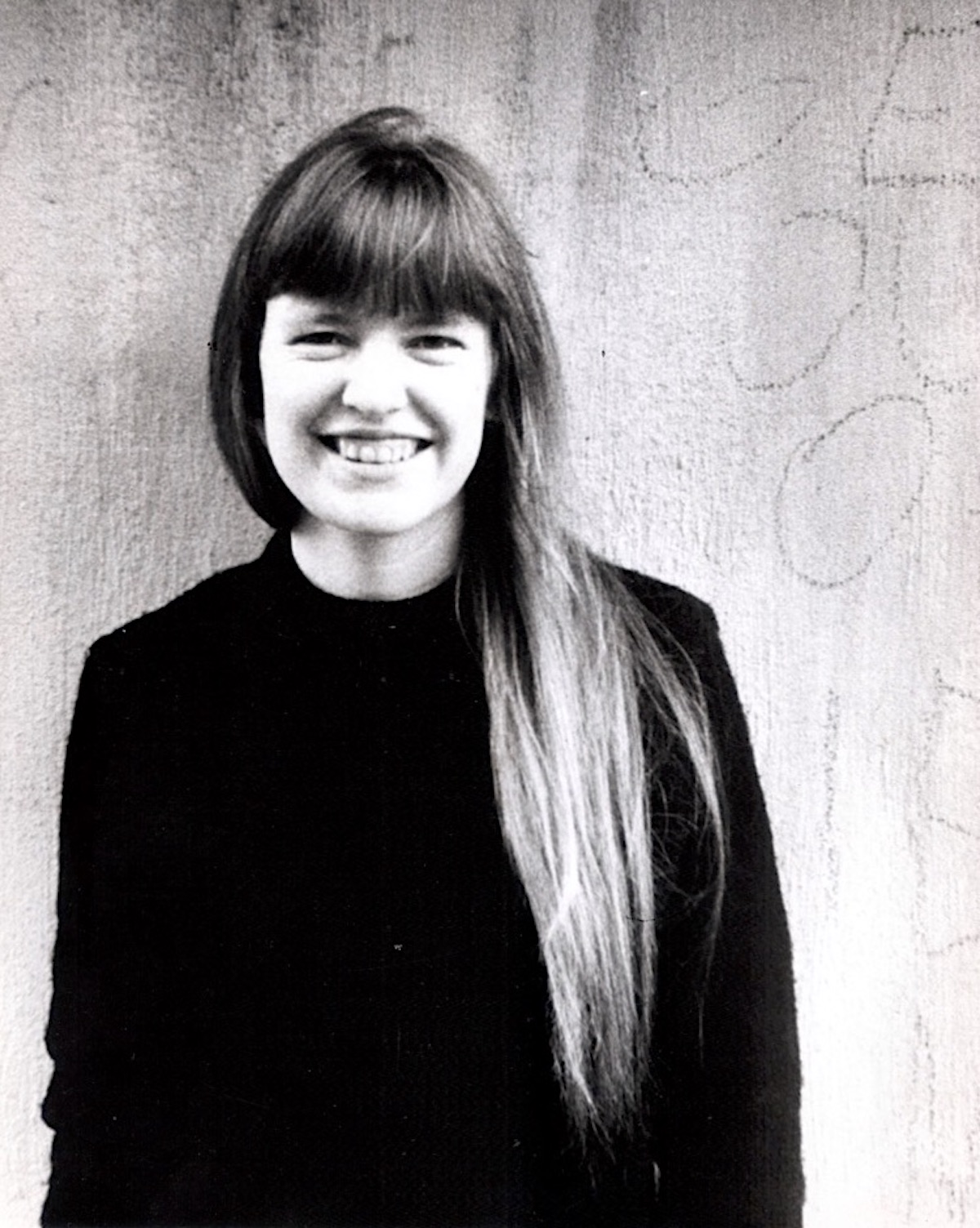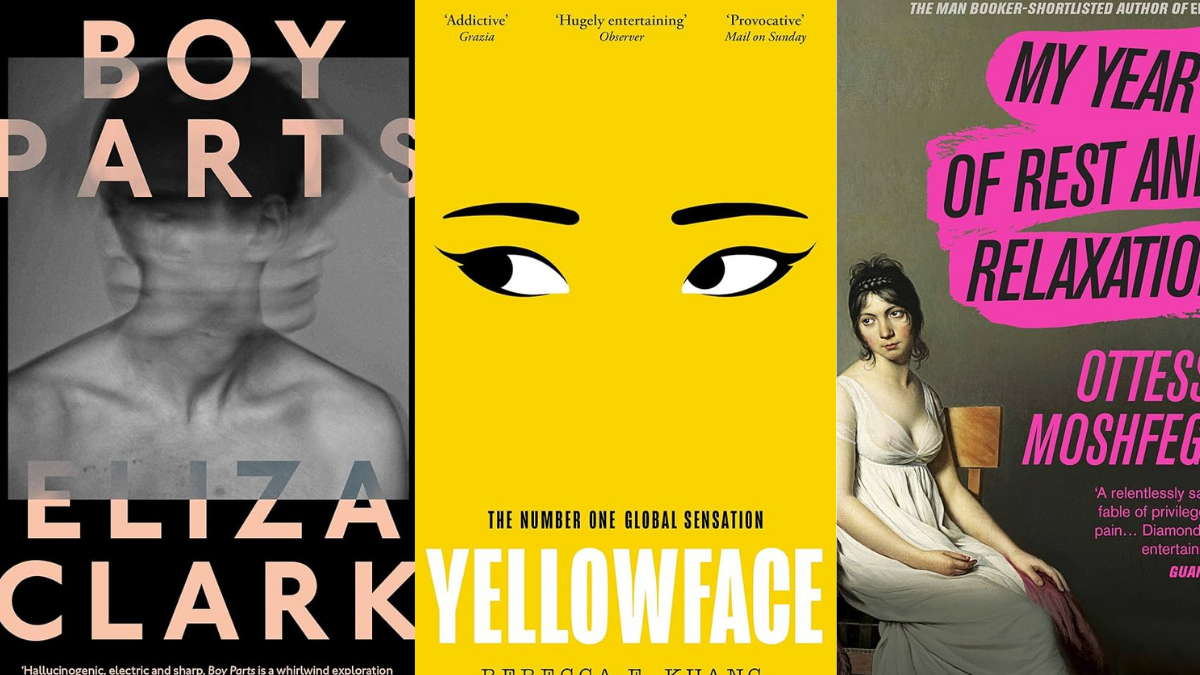Susan Griffin, a writer, poet, and playwright, was a pioneer of ecofeminism whose work helped define the movement. She passed away in her hillside home in Berkeley at the age of 82 on 30th September, 2025. Her death marked the close of a career that wove together activism, philosophy, and poetry.
Early life and career
Born in Los Angeles, California on 26th January 1943, Susan Griffin grew up in San Fernando Valley with her relatives after her father’s death when she was 16. She spent much of her time in the summers pitching tents, sleeping under the stars, and generally preferred to be outdoors. She initially studied at the University of California, Berkeley, but finished her degree at the San Francisco State University in creative writing.
At Berkeley, Griffin began to take interest in both literature and social activism. The protests of the 1960s, including the civil rights marches, the anti-war movement, and the early stages of second-wave feminism, formed the background of her intellectual life. Griffin said that she learned the value of empathy through her participation in the civil rights movement, which helped her understand the pain of African-Americans. She initially considered herself to be a Marxist when she was a student. She later criticised Marxism, arguing that it tried to separate nature from the matter. She often said that nature was her real religion.
After her education, Griffin worked at UC Berkeley for a long time, and thus contributed to its intellectual scene. She wrote for Ramparts, a radical magazine of the time, about rape. That article, called “Rape: The All-American Crime” (1971) was one of the first to talk about rape from a feminist perspective. Ramparts also published the likes of Susan Sontag, Noam Chomsky, and Angela Davis. Griffin also wrote for Scanlan’s Monthly a piece where she interviewed women who had had illegal abortions. Shameless Hussy Press, run by Alta, was a feminist press, one of whose earliest poets to be published was Susan Griffin. And in 1975, her play Voices won an Emmy Award.
The literary legacy of Susan Griffin
She wrote many poems, essays, and plays; Griffin wrote 21 books, including a screenplay. But what is interesting is the lyrical nature of her prose. Griffin is most famously known for her 1978 work Woman and Nature: The Roaring Inside Her, which quickly became important in both feminist and environmental studies and can even be said to have launched ecofeminism in the United States. This work looks at the interconnected nature of racism, sexism, and ecological destruction.
Her writing style is also interconnected; she mixes different genres. Woman and Nature is called a prose-poem, and is said to use literary pyrotechnics. Griffin dedicated this genre-bending book to Adrienne Rich, a hugely important figure in the feminist movement of the US, who said, Woman and Nature was ‘perhaps the most extraordinary nonfiction work to have emerged from the matrix of contemporary female consciousness, a fusion of patriarchal science, ecology, female history and feminism, written by a poet who has created a new form for her vision.’
Her writing style is also interconnected; she mixes different genres. Woman and Nature is called a prose-poem, and is said to use literary pyrotechnics.
In 1981, Griffin published a book about the harmful impact of pornography called Pornography and Silence: Culture’s Revenge Against Nature (1981). In this work, she argued that pornography negatively impacted human liberation, because it did not include the emancipation of women. Here, she noted that it was important to distinguish between the polarising opposites of pornography and eros. Pornography attempts to silence eros. However, many critics consider this work to be less like a philosophical treatise, and more like a rant. Griffin concluded her work by saying that ‘real sexual liberation requires a reconciliation with nature, a healing between body and spirit‘.
Her later work, A Chorus of Stones: The Private Life of War (1992), drew the connections between war, trauma, and how it affects women. This book was a Pulitzer Prize finalist in the general nonfiction category. She received critical acclaim and praise for her ability to enter ‘the psyches of people known to her only through books and photographs, getting everything somehow just right, and yet she retains a firm grasp on her own singularity.’ Richard Restak wrote this in a review for the New York Times in 1992.
In 1999, Griffin wrote a book about her chronic fatigue syndrome, called What Her Body Thought: A Journey into the Shadows. In her later works, she continued to address many societal issues. Wrestling with the Angel of Democracy: On Being an American Citizen (2008), seems especially relevant in today’s context.
Susan Griffin was also a poet, whose poems were known for their minimalism and for dealing with the domestic and the political.
Susan Griffin was also a poet, whose poems were known for their minimalism and for dealing with the domestic and the political. She is the recipient of numerous awards, including a Guggenheim Fellowship. Griffin was included in the 2014 documentary, She’s Beautiful When She’s Angry. Directed by Mary Dore, the documentary chronicles the women’s movement from 1966-1973.
The obituary on Berkeleyside, written by her friends, calls for admirers of her work to honour her work by continuing to protect the natural world she fought so hard for: ‘In lieu of flowers, admirers might best honor her by reading one of her books or by working to protect the fragile commons — the earth and the dignity of those most at risk — that she spent her life defending.’ And indeed, that would be a wonderful way to champion the legacy left behind by Susan Griffin.
About the author(s)
Samhita is a final year student of English Studies at IIT Madras. She enjoys reading, and especially loves engaging with women's fiction, as part of her academic research as well. She's a huge fan of sudokus, crosswords, and all sorts of puzzles.








